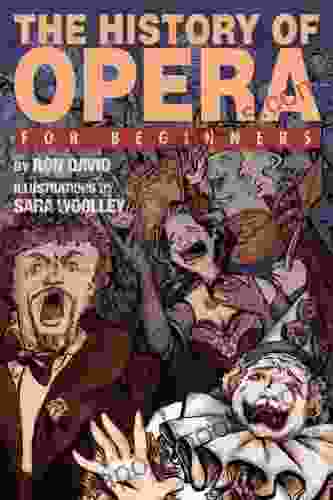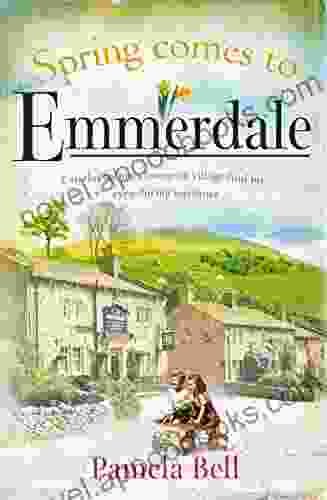Unveiling the Enchanting World of Opera: A Beginner's Guide to Its Rich History

Opera, a captivating art form that seamlessly blends music, drama, and spectacle, has enthralled audiences for centuries. Its rich history is a tapestry interwoven with unforgettable performances, inspiring composers, and captivating tales. 'The History of Opera for Beginners' invites you to embark on a journey through this enchanting world, offering a comprehensive exploration of opera's origins, evolution, and enduring legacy.
4.7 out of 5
| Language | : | English |
| File size | : | 12040 KB |
| Text-to-Speech | : | Enabled |
| Enhanced typesetting | : | Enabled |
| Word Wise | : | Enabled |
| Print length | : | 174 pages |
| Lending | : | Enabled |
| Screen Reader | : | Supported |
The Genesis of Opera: From Ancient Roots to Renaissance Prelude
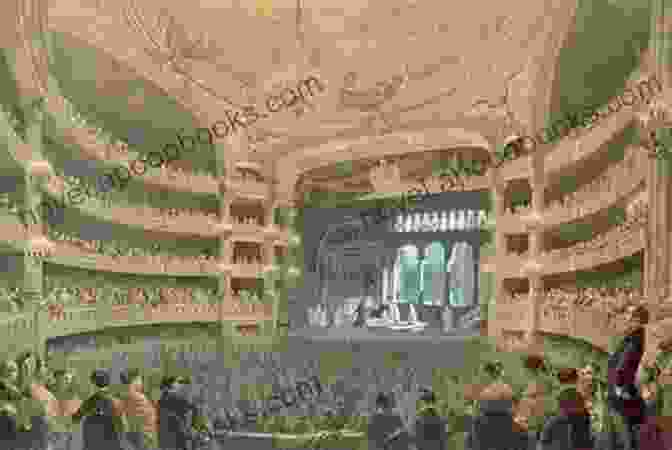
Opera's genesis can be traced back to ancient Greece, where theatrical performances incorporated music and dance. During the Renaissance, courtly entertainments known as "intermezzi" evolved into more elaborate spectacles featuring music, elaborate costumes, and dramatic elements. These seeds of opera found fertile ground in 16th-century Florence, where the Camerata, a group of intellectuals and musicians, sought to revive the musical practices of ancient Greek drama.
The Birth of Opera: From Jacopo Peri to Claudio Monteverdi
In 1597, Jacopo Peri composed 'Euridice,' widely regarded as the first true opera. This groundbreaking work laid the foundation for the genre, featuring recitative, a style of singing that mimics natural speech, and aria, a more melodic and elaborate vocal piece. Claudio Monteverdi, another Italian composer, further refined and developed the art form with masterpieces like 'Orfeo' and 'L'Orfeo.' Monteverdi's operas introduced dramatic tension, expressive orchestration, and complex vocal writing, solidifying opera's position as a major force in the world of music.
Opera's Golden Age: Baroque Extravaganza and Bel Canto Brilliance
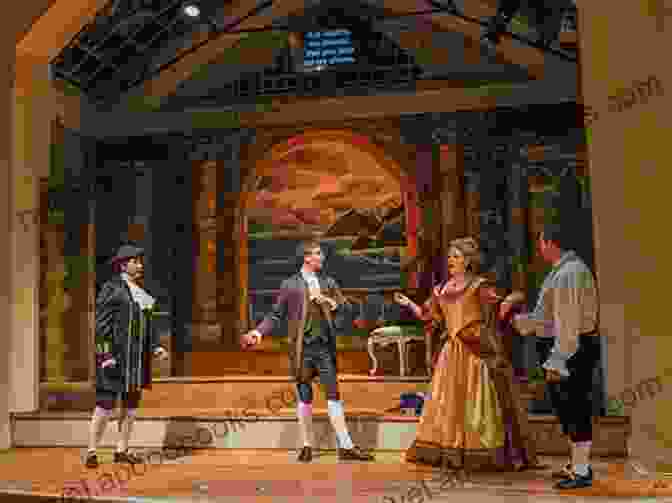
The Baroque era, spanning the 17th and early 18th centuries, witnessed the flourishing of opera. Composers like George Frideric Handel and Antonio Vivaldi created works characterized by elaborate sets, stunning costumes, and virtuosic vocal performances. Handel's 'Rinaldo' and Vivaldi's 'The Four Seasons' exemplify the grandeur and technical brilliance of Baroque opera.
The 19th century ushered in the Bel Canto era, where melody and vocal virtuosity reigned supreme. Italian composers such as Gioachino Rossini, Vincenzo Bellini, and Gaetano Donizetti crafted operas showcasing breathtaking vocal lines and elaborate ornamentation. Their works, including Rossini's 'The Barber of Seville' and Bellini's 'Norma,' captivated audiences with their lyrical beauty and technical demands.
Romantic Opera: Wagner's Epic Vision and Verdi's Dramatic Intensity
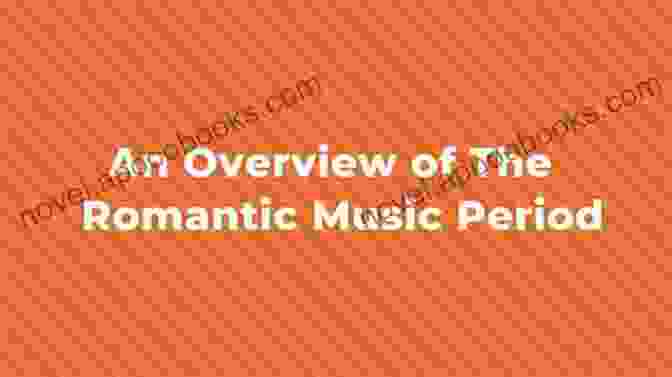
The Romantic era brought a profound shift in opera's aesthetics. Richard Wagner, a German composer, revolutionized the art form with his concept of Gesamtkunstwerk, where all elements of the opera – music, drama, and visual spectacle – seamlessly intertwined to create a unified artistic experience. Wagner's monumental works, such as 'Lohengrin' and 'The Ring Cycle,' explored epic themes, employed rich orchestration, and demanded exceptional vocal and dramatic skills.
Giuseppe Verdi, an Italian composer, emerged as a leading figure in the Romantic era. His operas, known for their dramatic intensity and soaring melodies, became instant favorites with audiences. 'Aida,' 'La Traviata,' and 'Otello' are testaments to Verdi's genius and his ability to capture the human condition through music and drama.
20th-Century Opera: Modernist Innovations and Contemporary Explorations
The 20th century witnessed a proliferation of diverse operatic styles. Arnold Schoenberg's atonal operas, such as 'Pierrot Lunaire,' challenged traditional notions of harmony and melody. Igor Stravinsky's 'The Rake's Progress' combined elements of neoclassicism and satire. Benjamin Britten's 'Peter Grimes' explored psychological depth and social commentary.
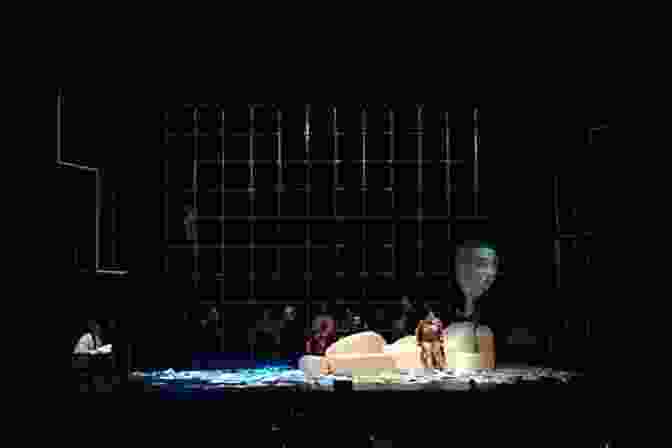
In contemporary times, opera continues to evolve and experiment. Composers draw inspiration from diverse musical traditions, embrace new technologies, and explore unconventional themes. Philip Glass's minimalist operas, such as 'Einstein on the Beach,' have gained critical acclaim. Kaija Saariaho's 'L'Amour de Loin' incorporates elements of electronic music and ancient Finnish mythology. Opera companies worldwide are also embracing cross-cultural collaborations, bringing together artists from different backgrounds to create innovative and thought-provoking works.
The Enduring Legacy of Opera: A Timeless Art Form
Throughout its rich history, opera has captivated audiences with its ability to evoke a wide range of emotions, explore profound themes, and showcase the limits of human creativity. From the grandeur of Baroque spectacles to the emotional depth of Romantic masterpieces, from the modernist innovations of the 20th century to the experimental explorations of contemporary times, opera has proven its enduring power as an art form that transcends time and cultural boundaries.
Whether you are a seasoned opera enthusiast or a newcomer eager to discover this enchanting world, 'The History of Opera for Beginners' offers an accessible and engaging guide. Its comprehensive narrative, captivating anecdotes, and insightful analysis will enrich your appreciation for opera and leave you yearning for more. Embark on this musical journey and experience the transformative power of this timeless art form.
4.7 out of 5
| Language | : | English |
| File size | : | 12040 KB |
| Text-to-Speech | : | Enabled |
| Enhanced typesetting | : | Enabled |
| Word Wise | : | Enabled |
| Print length | : | 174 pages |
| Lending | : | Enabled |
| Screen Reader | : | Supported |
Do you want to contribute by writing guest posts on this blog?
Please contact us and send us a resume of previous articles that you have written.
 Book
Book Novel
Novel Page
Page Chapter
Chapter Text
Text Story
Story Genre
Genre Reader
Reader Library
Library Paperback
Paperback E-book
E-book Magazine
Magazine Newspaper
Newspaper Paragraph
Paragraph Sentence
Sentence Bookmark
Bookmark Shelf
Shelf Glossary
Glossary Bibliography
Bibliography Foreword
Foreword Preface
Preface Synopsis
Synopsis Annotation
Annotation Footnote
Footnote Manuscript
Manuscript Scroll
Scroll Codex
Codex Tome
Tome Bestseller
Bestseller Classics
Classics Library card
Library card Narrative
Narrative Biography
Biography Autobiography
Autobiography Memoir
Memoir Reference
Reference Encyclopedia
Encyclopedia Ricky L Jones
Ricky L Jones Tish Oney
Tish Oney Roderick N Labrador
Roderick N Labrador Ryan Gattis
Ryan Gattis Nora Roberts
Nora Roberts C A Huggins
C A Huggins Rachel Joyce
Rachel Joyce Nora Abousteit
Nora Abousteit Pallavi Banerjee
Pallavi Banerjee Okayado
Okayado Raeanne Thayne
Raeanne Thayne Stefan Zweig
Stefan Zweig Paul Berry
Paul Berry Quovella Black
Quovella Black Steffen Heegaard
Steffen Heegaard Nl Shri Mukundray Goswamy
Nl Shri Mukundray Goswamy Nifemi Aluko
Nifemi Aluko Margaux Deroux
Margaux Deroux William Blake
William Blake Will Adams
Will Adams
Light bulbAdvertise smarter! Our strategic ad space ensures maximum exposure. Reserve your spot today!
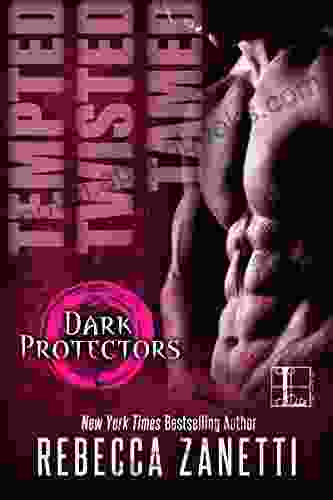
 Mitch FosterUnleash the Enchanting World of "Tempted, Twisted, Tamed: The Dark Protectors...
Mitch FosterUnleash the Enchanting World of "Tempted, Twisted, Tamed: The Dark Protectors...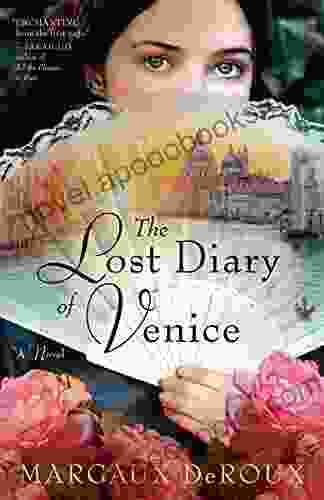
 Philip BellThe Lost Diary of Venice Novel: A Literary Masterpiece Unveiling the Secrets...
Philip BellThe Lost Diary of Venice Novel: A Literary Masterpiece Unveiling the Secrets...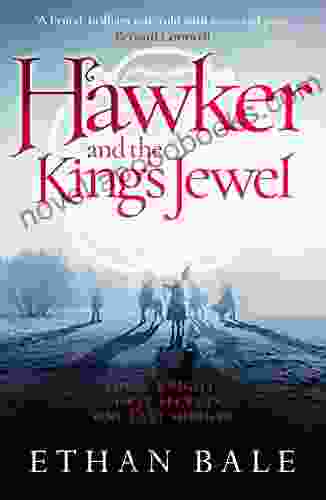
 Emanuel BellHawker and The King's Jewel: The Swords of the White Rose—A Captivating Tale...
Emanuel BellHawker and The King's Jewel: The Swords of the White Rose—A Captivating Tale... Douglas PowellFollow ·9.9k
Douglas PowellFollow ·9.9k Yasunari KawabataFollow ·6k
Yasunari KawabataFollow ·6k Branden SimmonsFollow ·9.7k
Branden SimmonsFollow ·9.7k Louis HayesFollow ·10.3k
Louis HayesFollow ·10.3k Jeff FosterFollow ·2.9k
Jeff FosterFollow ·2.9k Ben HayesFollow ·17.1k
Ben HayesFollow ·17.1k Eric NelsonFollow ·19k
Eric NelsonFollow ·19k Jamison CoxFollow ·4.3k
Jamison CoxFollow ·4.3k
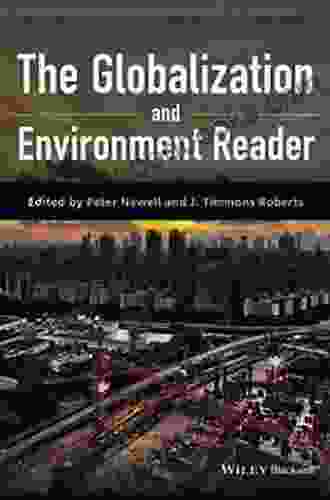
 Shaun Nelson
Shaun NelsonUnlocking the Intricate Nexus: The Globalization and the...
In an era marked by...
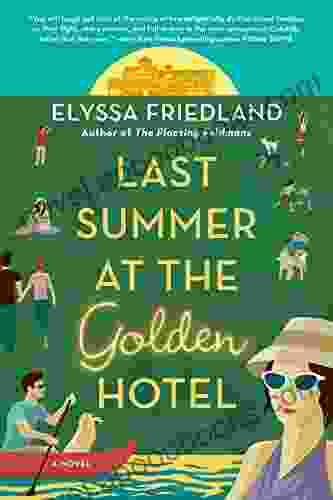
 Robin Powell
Robin PowellLast Summer at the Golden Hotel: A Captivating Journey of...
Synopsis: A Transformative Summer at...
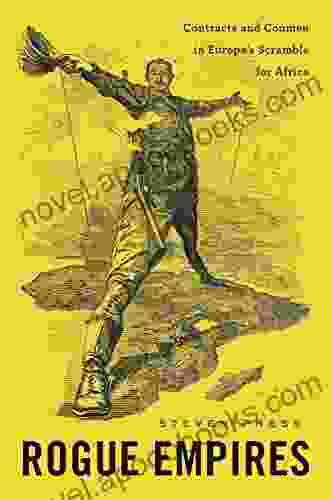
 Gabriel Mistral
Gabriel MistralContracts And Conmen In Europe Scramble For Africa
The late 19th and early...

 Glenn Hayes
Glenn HayesThe Story of the United States' Longest Wildcat Strike: A...
Prologue: The...
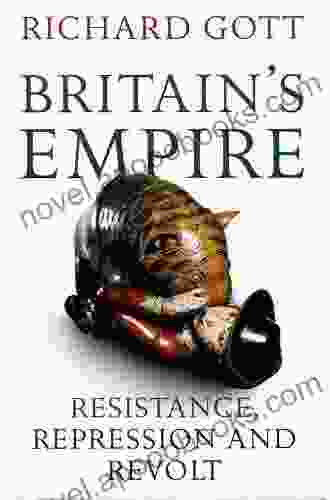
 Evan Hayes
Evan HayesBritain Empire Resistance Repression And Revolt:...
: The Tapestry of...
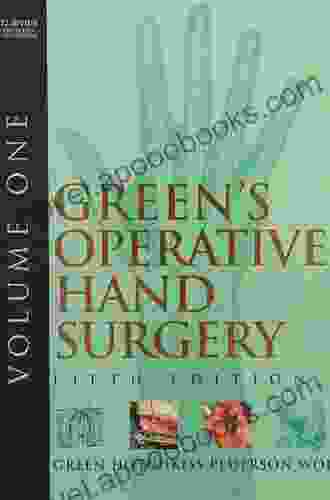
 Eddie Bell
Eddie BellGreen's Operative Hand Surgery: The Ultimate Guide for...
Green's Operative Hand Surgery is the...
4.7 out of 5
| Language | : | English |
| File size | : | 12040 KB |
| Text-to-Speech | : | Enabled |
| Enhanced typesetting | : | Enabled |
| Word Wise | : | Enabled |
| Print length | : | 174 pages |
| Lending | : | Enabled |
| Screen Reader | : | Supported |


